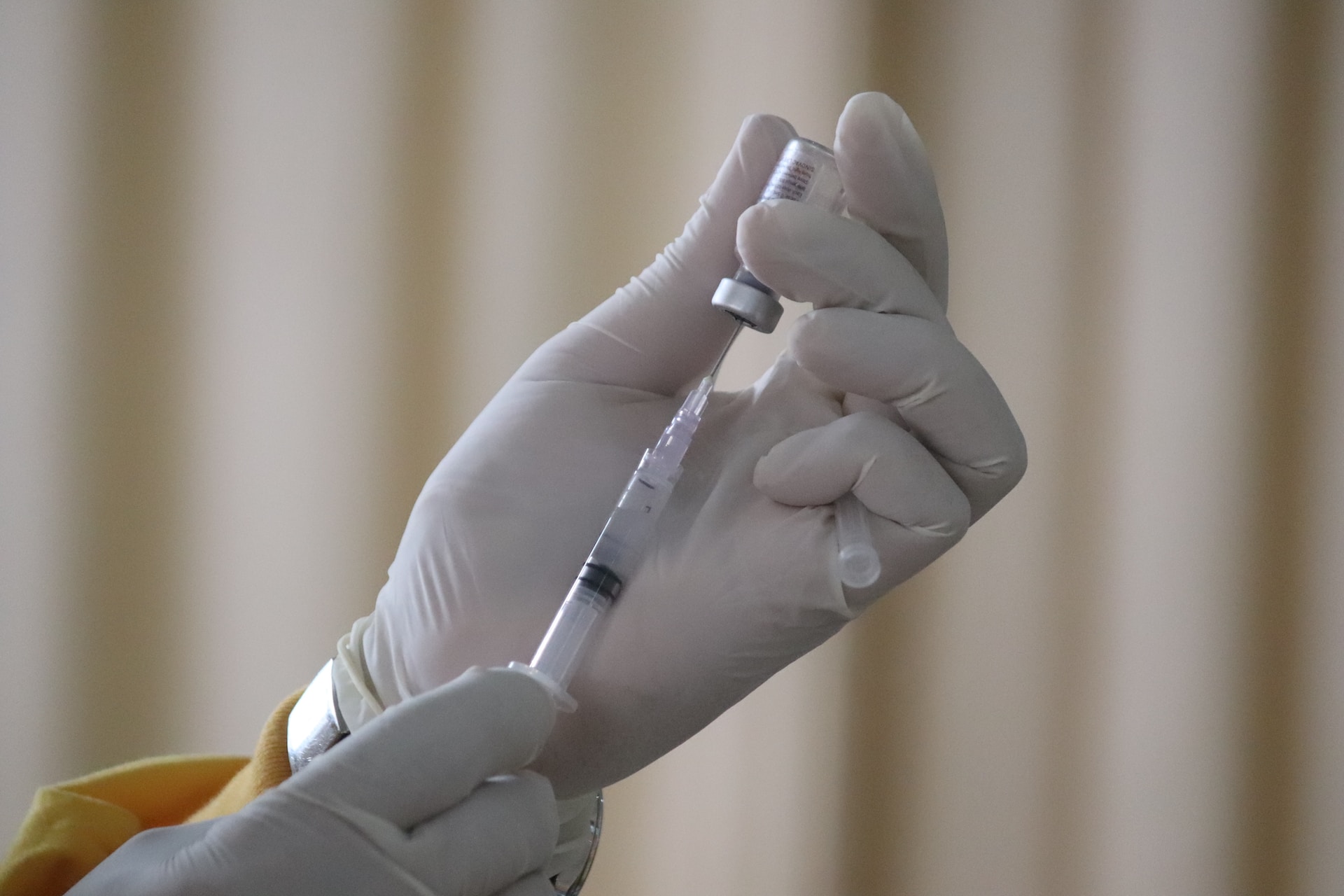Low-educated are more influenced by their environment in vaccine decisions
Making the decision to be vaccinated is not only an individual process but it is strongly influenced by the information we receive from our surroundings. A new research study from Jönköping International Business School (JIBS), Jönköping University, has investigated how an individual's information environment, including residential area and co-workers, affects the decision to take the COVID-19 vaccine.
.jpg)
Photo: Mufid Majnun on Unsplash
The researchers behind the study start from the idea that the decision to get vaccinated requires processing information about phenomena likely to be unfamiliar to most individuals. Besides a reliance on official recommendations, it is common for people to base their decisions on the information they receive from individuals they interact with and whose decisions they allow themselves to be influenced by.
The results of the study show that people's "information milieu" has a significant impact on their decision to get vaccinated or not. Both the highly educated and the less educated consider what people in their environment do when making decisions about vaccination. For adult Swedes, the research indicates that low level of education and skills can influence the decision not to vaccinate against COVID-19.
More likely to abstain from vaccination
“We see that individuals with shorter education and jobs requiring less skill are more likely to refrain from getting vaccinated. We also observe that these groups tend to be more influenced by their surroundings than, for example, highly educated individuals. So, if someone is low-educated and has many unvaccinated people around them, the likelihood of them not getting vaccinated also increases to a greater extent,” says Charlotta Mellander, professor of economics at JIBS, and one of the researchers behind the study.
The researchers used data for individuals aged 16 and over in Sweden to analyze how their surroundings in the form of residential area and workplace influenced the decision not to get vaccinated against covid-19. These indicators were used to investigate possible peer influences. The results show that individuals with low levels of education and skills are more likely to be unvaccinated when exposed to other unvaccinated individuals at work and in the residential area. Peer influence in both information milieus also increases the likelihood of not getting vaccinated, and the two function as information channels that reinforce each other.
The study, "Social interactions and COVID-19 vaccine hesitancy: Evidence from a full population study in Sweden," was conducted by JIBS professors Charlotta Mellander and Johan Klaesson, along with José Lobo, Clinical Associate Professor at Arizona State University. It is published in the scientific journal PLOS ONE and can be read in its entirety here: https://journals.plos.org/plosone/article?id=10.1371/journal.pone.0289309.
Contact
- Professor Economics
- Jönköping International Business School
- charlotta.mellander@ju.se
- +46 36-10 1805
- Acting Managing Director
Professor Economics - Jönköping International Business School
- johan.klaesson@ju.se
- +46 36-10 1752


